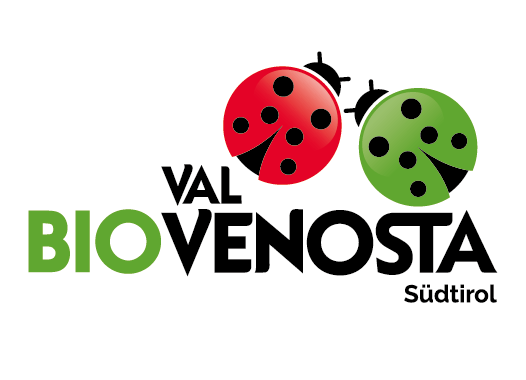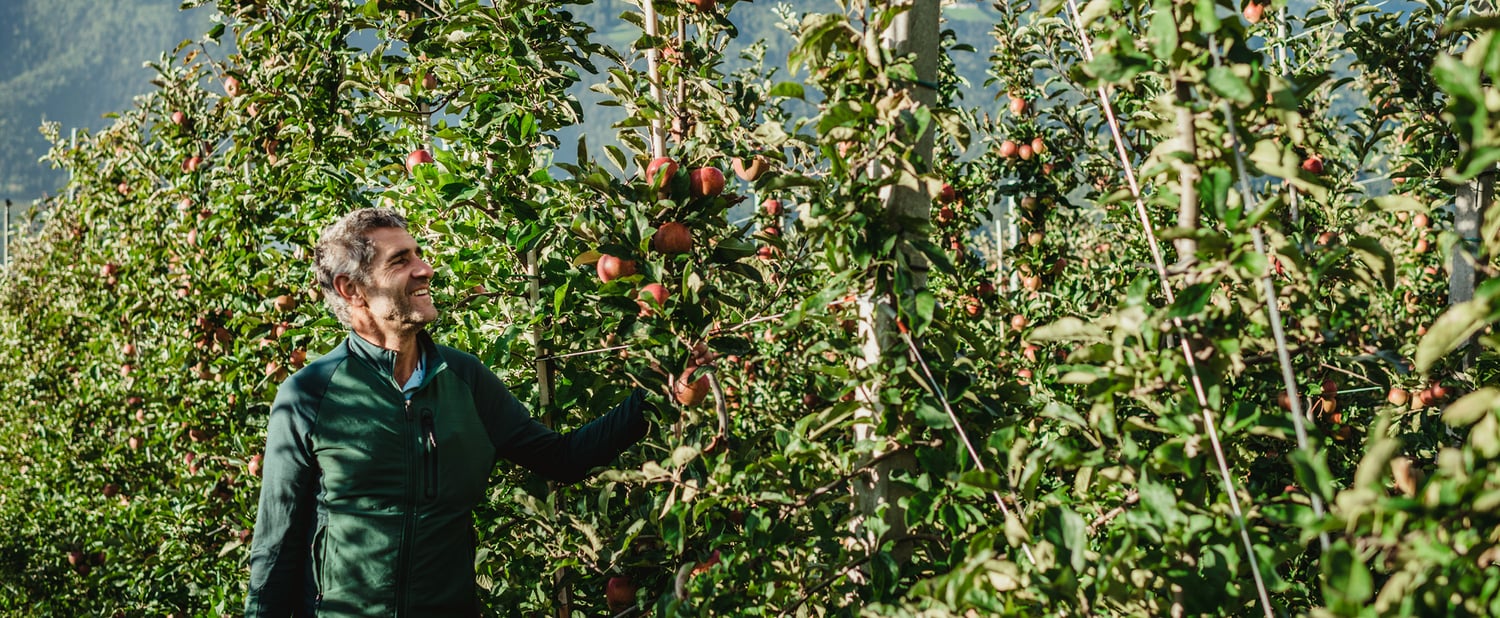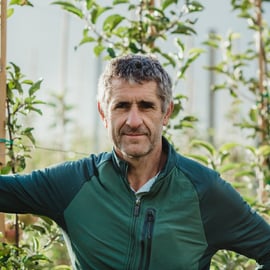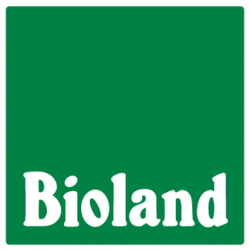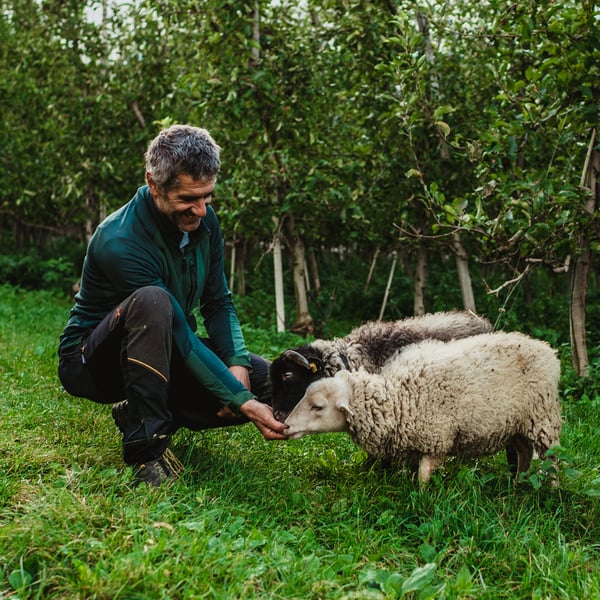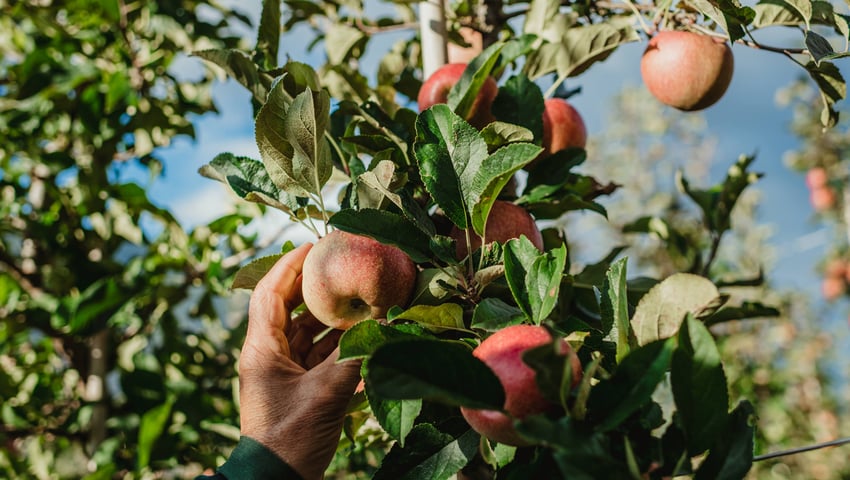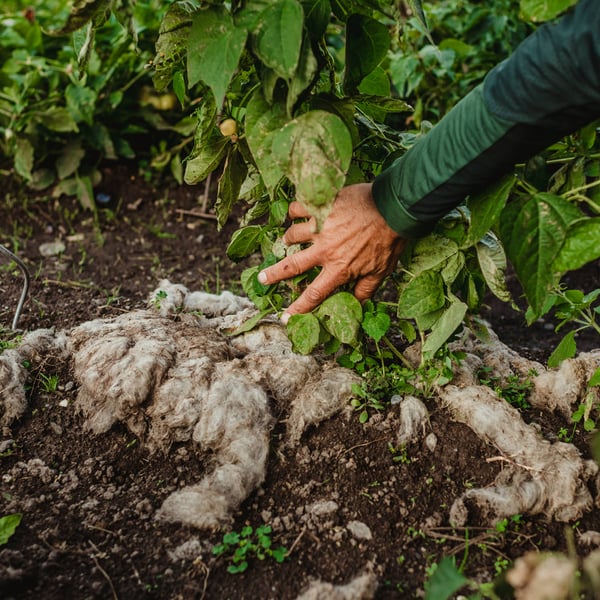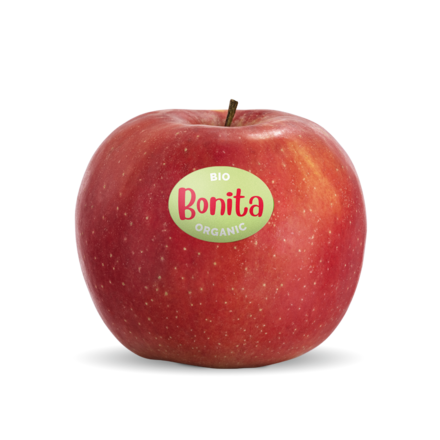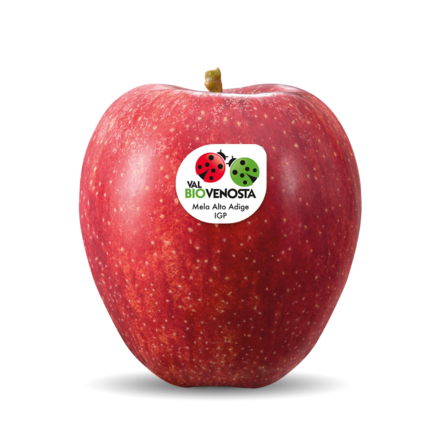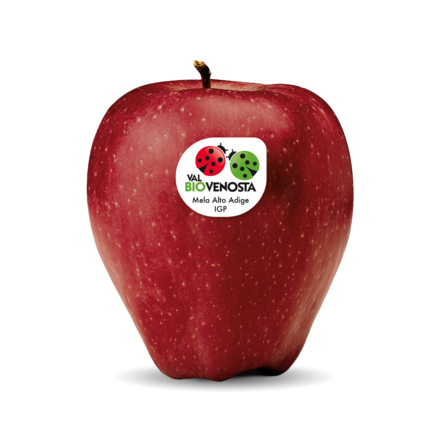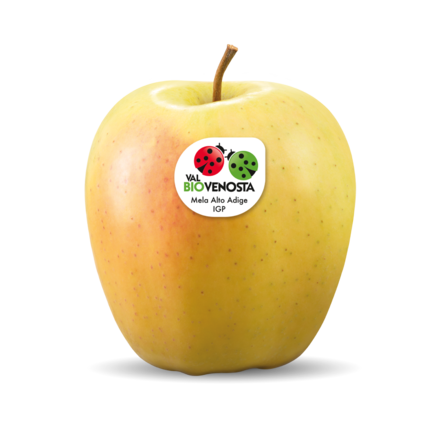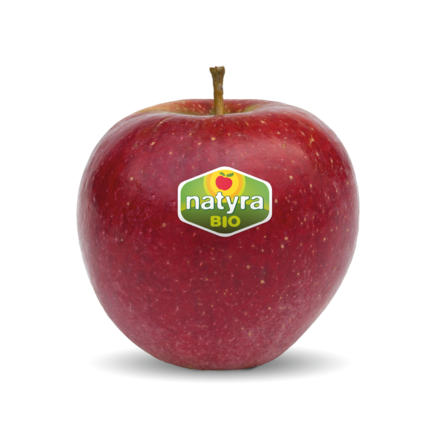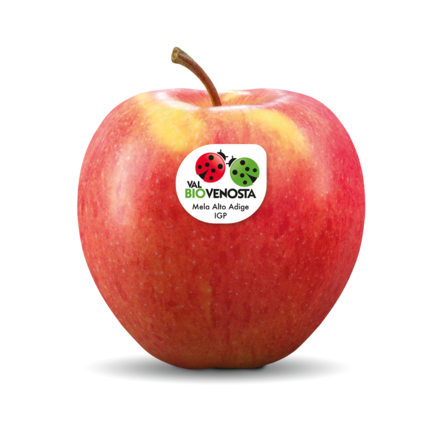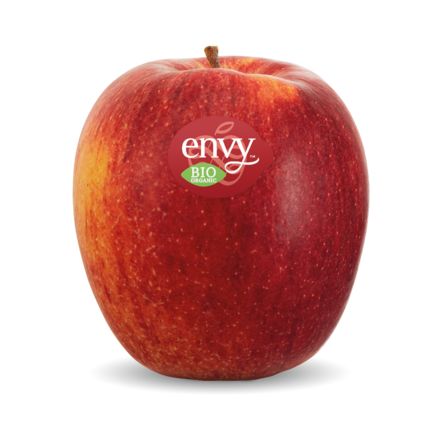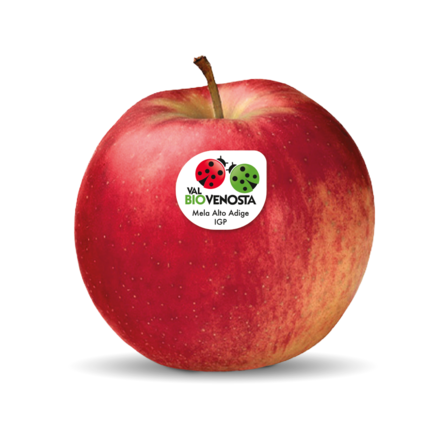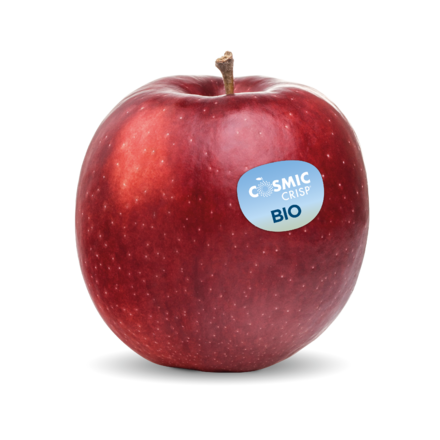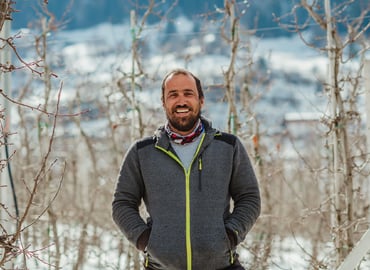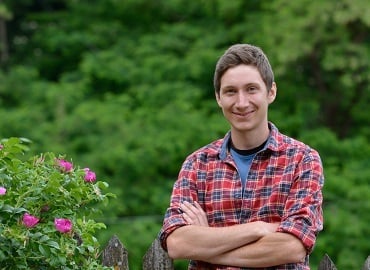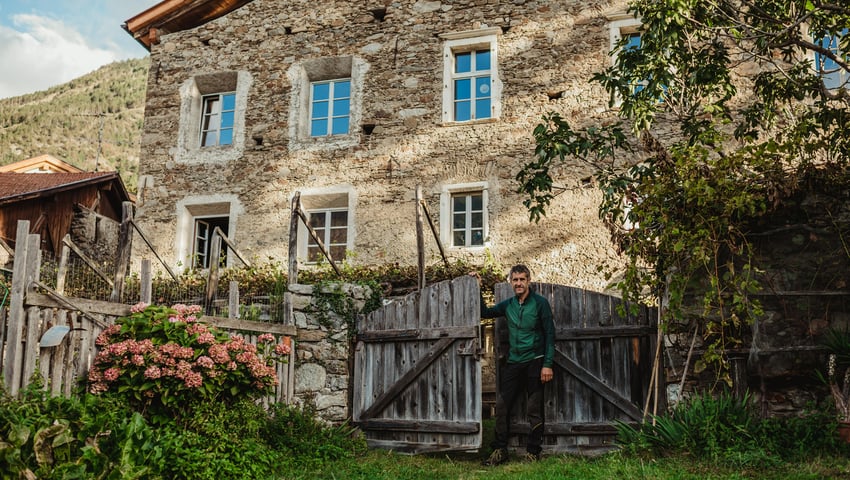
The noble family “von Schmalz” owned the farmstead in Vetzan near Schlanders in the 15th century. The family later sold it to the noble “Froschauer”, from whom my ancestors, the “Tappeiner”, acquired the farm in 1664. Since then, our farm has been in family ownership for more than 350 years. At home I proudly keep the old purchase contract from those times. Fruit growing was first started by my father and is today continued by me and my son Matthias.
Matthias attended the agricultural high school in Laimburg. For him, the additional effort required in organic farming was for a long time a thorn in his side. Although we had been toying with the idea of switching to organic for several years, it was only the severe hail damage of 2017 that made us take the leap. Doubts like “Do I already know enough for organic?” we overcame together. Exchanges with other farmers and field inspections with experts helped us a lot. Becoming aware that pests are always present before beneficial insects, and that the beneficial populations build up only slowly, is a fact that takes time to accept. Supporting their habitats so they remain is the next step.
In our effort to keep this sustainable agriculture alive, my son and I regularly exchange ideas. He learns from me, and I from him. He introduced the cone cut during pruning, even though I was skeptical at first. When it comes to fertilizing, however, I had to correct him and rein in his excessive eagerness. Sometimes, when I say no to a measure, he accepts it but then goes to his mother and tries to convince me indirectly through her of his approach. Organic is simply a family matter, even when it comes to deciding which measures make sense and which do not. Very often in organic farming, we are in a no man’s land. For example, we notice that within the same orchard, the trees grow with very different vigor. Why this is so, we only find out slowly. In general, organic forces us to focus much more on the soil and to approach each variety individually.
How do I keep the different trees fit? How do I prevent the alternation between good and weak harvests over the years? These are many of the questions we face daily, constantly learning along the way. That is probably the very essence of organic farming, and together with my family I gladly embrace this continuous learning process.
